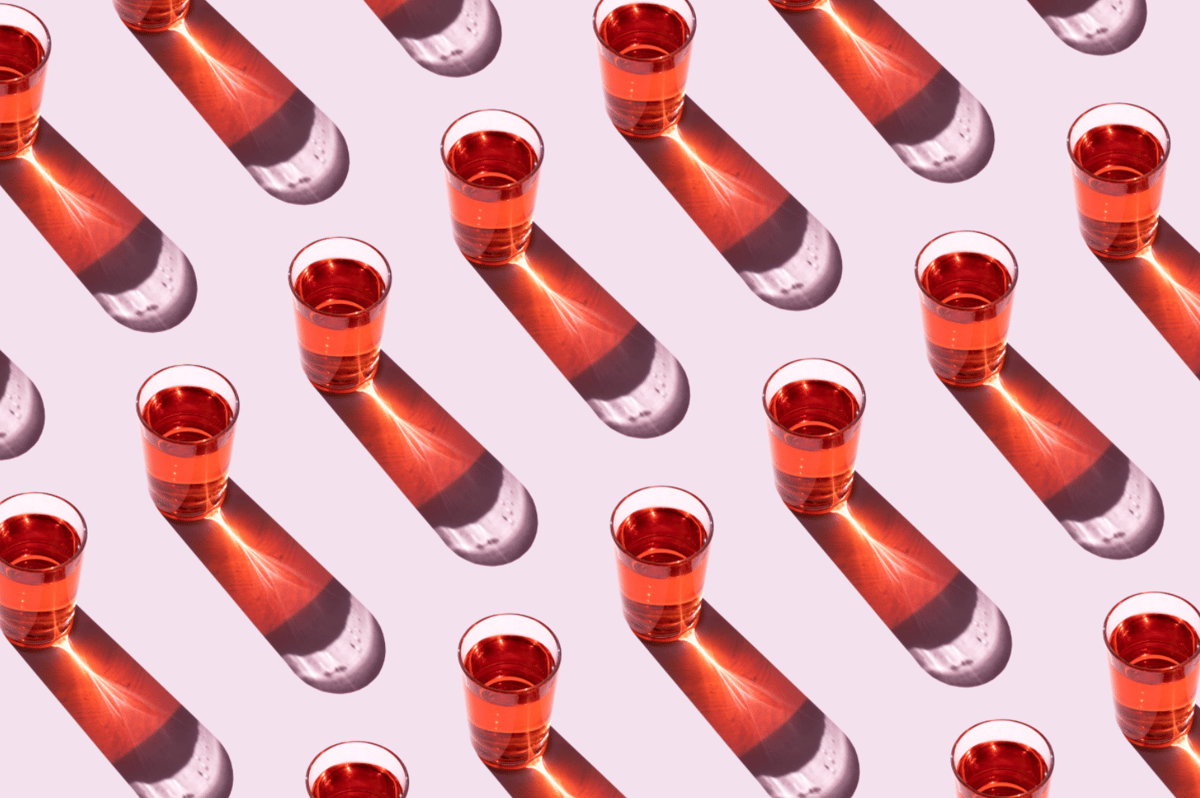
Ah, alcohol.
It makes a regular appearance at almost any celebration, and that little-known pandemic which forced us all indoors had us reaching for a cheeky glass of wine more than ever before.
Sure we feel pretty damn qualified on the instant effects of alcohol: Lower inhibitions, slurring your words and becoming a better dancer than Beyonce on the d-floor.
Watch what happens to your body one year after quitting drinking. Post continues after video.
But how much do we know about the long-term effects of booze? And more specifically, the difference in damage we’re doing by sipping away in our twenties vs. our thirties?
We run through this all right here, so grab a glass of… water, settle down, and soak up this information.
How alcohol hits you in your 20s.
1. You establish your relationship with alcohol in your 20s.
...and your actions determine whether it’s going to be a healthy relationship, or a toxic one. Yep, you get to set the tone for your drinking in your early twenties - and choose carefully because it’s notoriously difficult to shake those habits in your thirties once they’re formed.





























































































